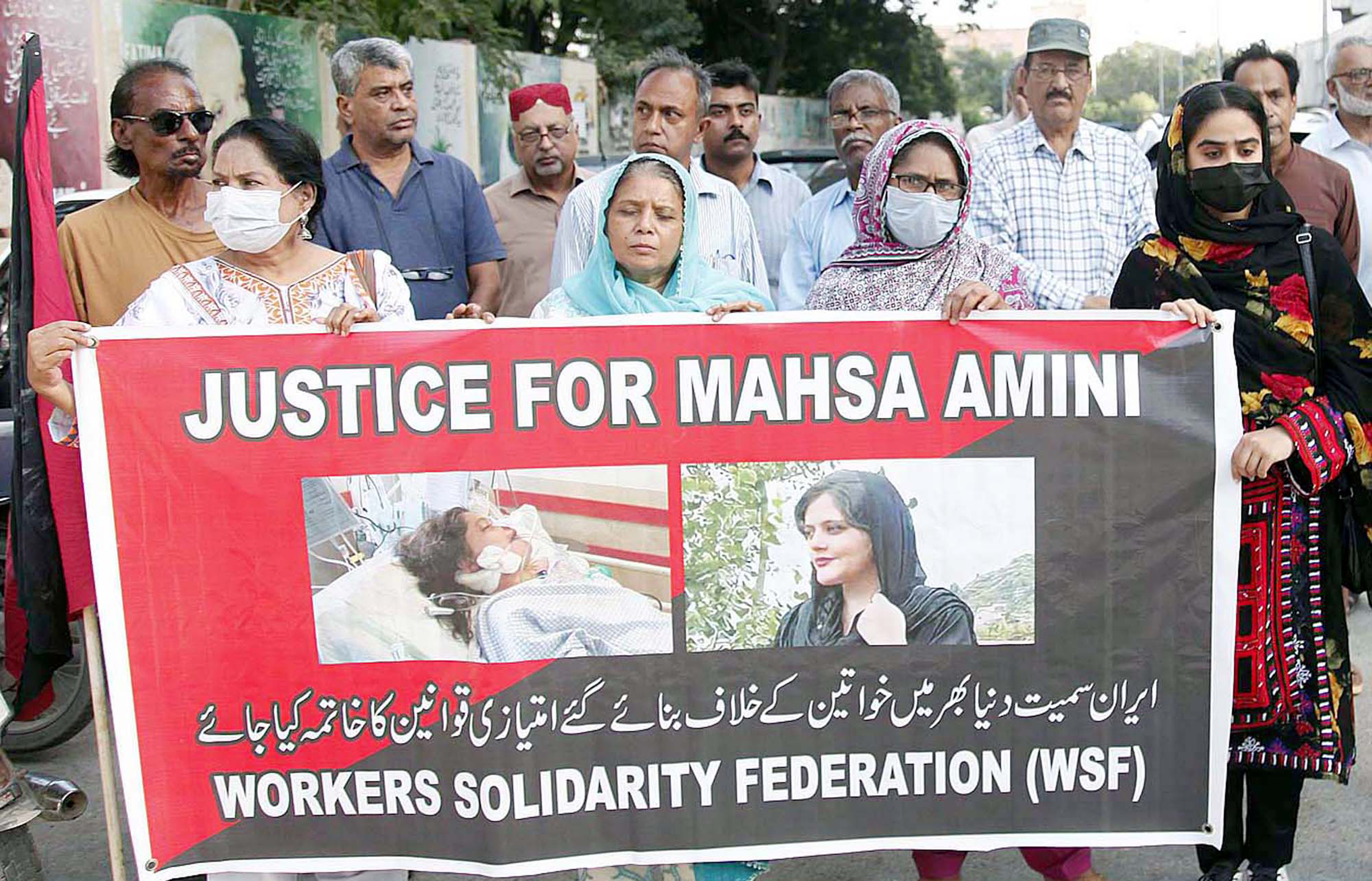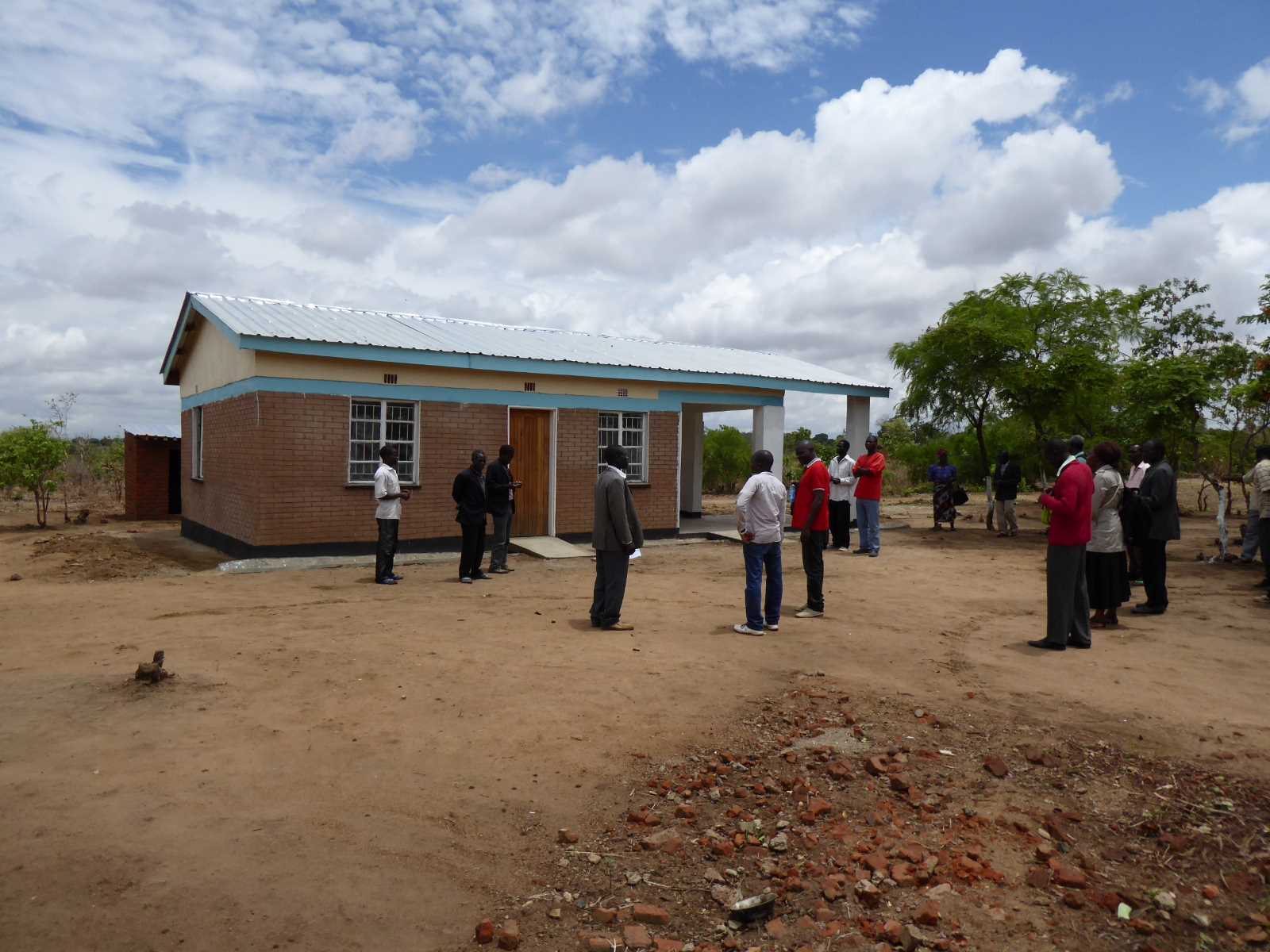Health
An unhealthy tradition

Phathisiwe Sibanda is 44 years old and HIV-positive. She has lost three men, and is now married to the fourth. Her first husband died 12 years ago, and his family put pressure on her to marry his brother. However, the second husband died of AIDS two years later, and Phathisiwe was “inherited” by another brother. He also fell sick, but did not want to take an HIV/AIDS test until it was too late. Now she is married to the fourth brother, who is also HIV-positive, but taking anti-retroviral drugs that control the infection.
Phathisiwe says all her consecutive husbands “were hesitant to go for HIV tests until their situation worsened, leading to their deaths.” She says she never liked the idea of being inherited, but had no choice. “I wanted to live my life on my own, taking care of my two children who are still in school,” Phathisiwe reports. “But my husband’s relatives called me all sorts of names when I initially stood against the idea of being inherited, although my in-laws knew I was HIV-positive. In the end, I gave in to their pressure.”
Lukas Sibanda, her current husband, appreciates the tradition: “It’s a culture we can’t forgo – inheriting wives left by our brothers so that we make sure there is continuity of the production of off-spring.” In his eyes, AIDS is just a disease, and he feels he can live with it.
Megan Dlamini, a member of the civil-society organisation “Women of Zimbabwe Arise” (WOZA), says that wife inheritance is “a primitive practice which infringes upon widows’ rights.” Their new husbands often force themselves on them and do not want to use protective condoms. If either partner is infected, HIV may be passed on. Dlamini points out that it is important to test for the disease before starting a new sexual relationship, even within a marriage.
According to UNAIDS, 1.2 million Zimbabweans live with HIV/AIDS. Yet, spousal inheritance continues unabated, sparking protest from anti-HIV/AIDS campaigners. “Widow inheritance is a risky behaviour fuelling HIV/AIDS transmission and should be stopped,” says Fibion Gudhuza, an anti-HIV/AIDS campaigner based in Harare. “If there be any inheritance of a widow or widower, prior HIV testing should be a prerequisite,” adds Gudhuza.
“Spousal inheritance has led to a sharp increase of HIV infections,” says Salive Gumbo, the chairperson of the Humwechete HIV/AIDS Support group, and demands that “people should be more careful about protecting themselves and their partners.” Getting tested is the least they can do.
Jeffrey Moyo is a journalist and lives in Harare, Zimbabwe.
moyojeffrey@gmail.com













